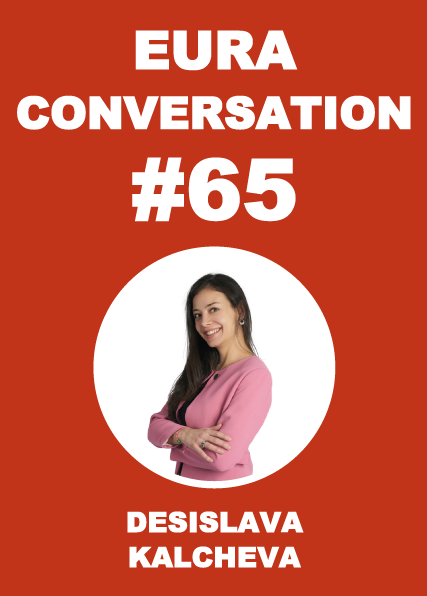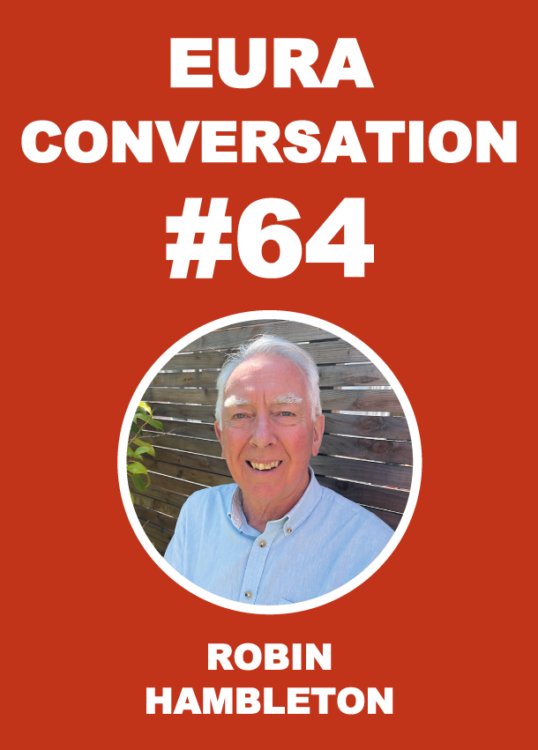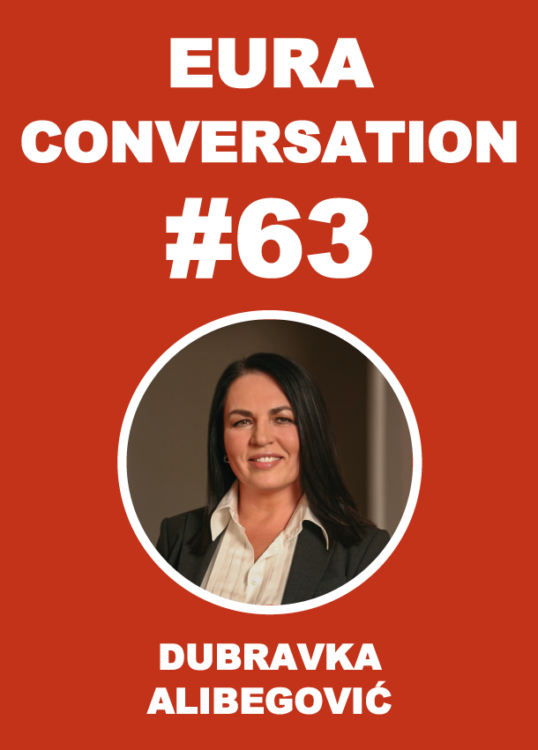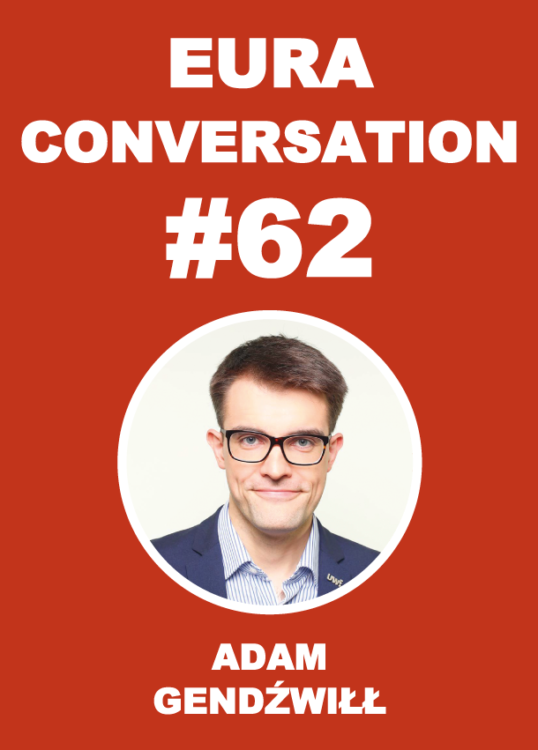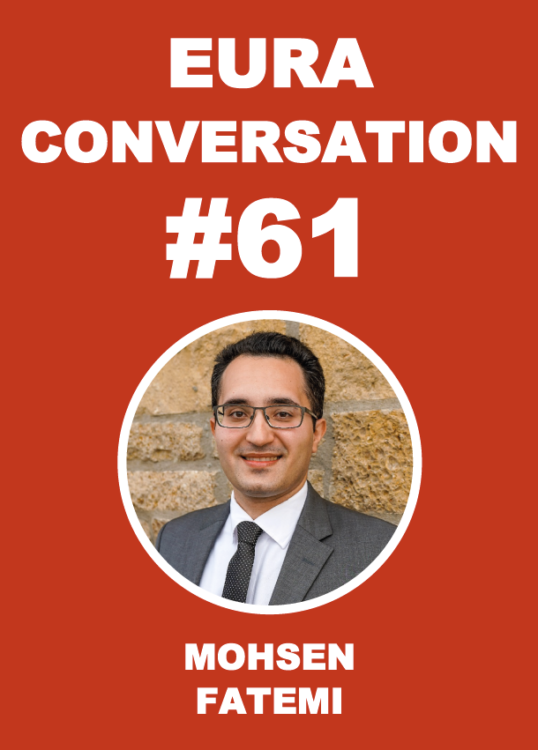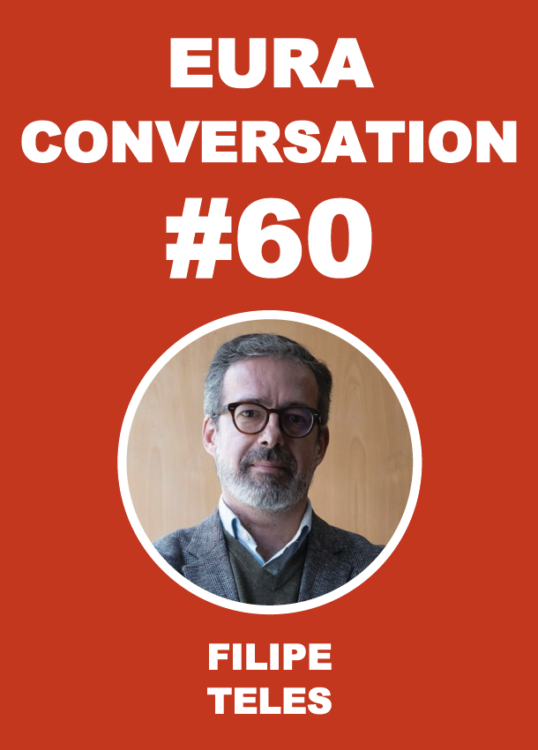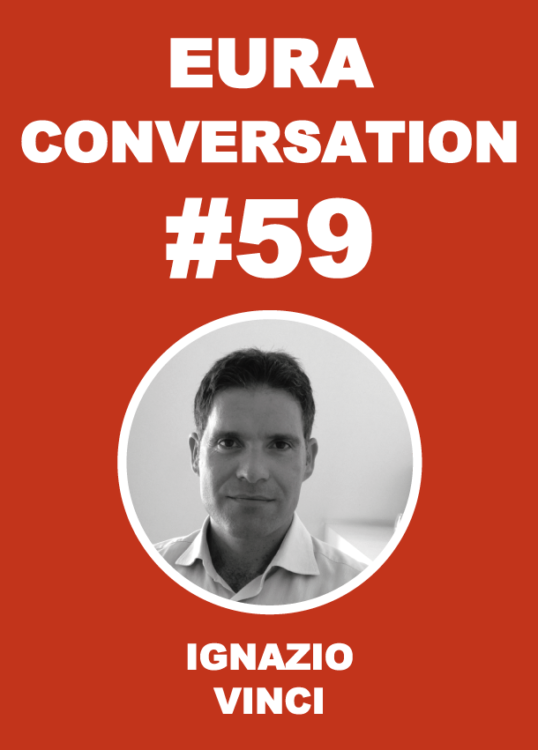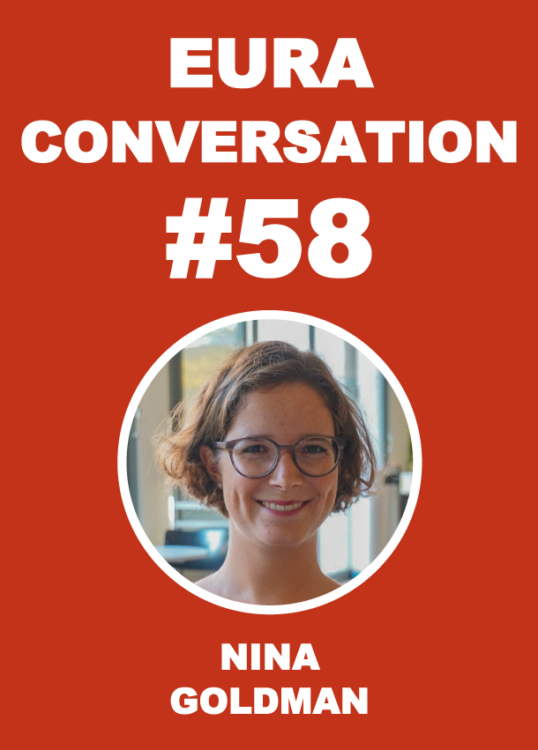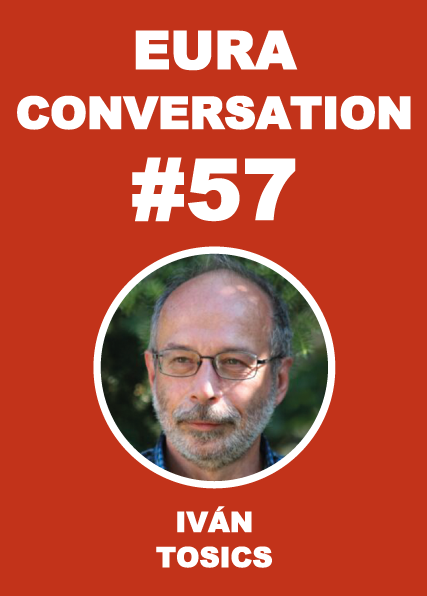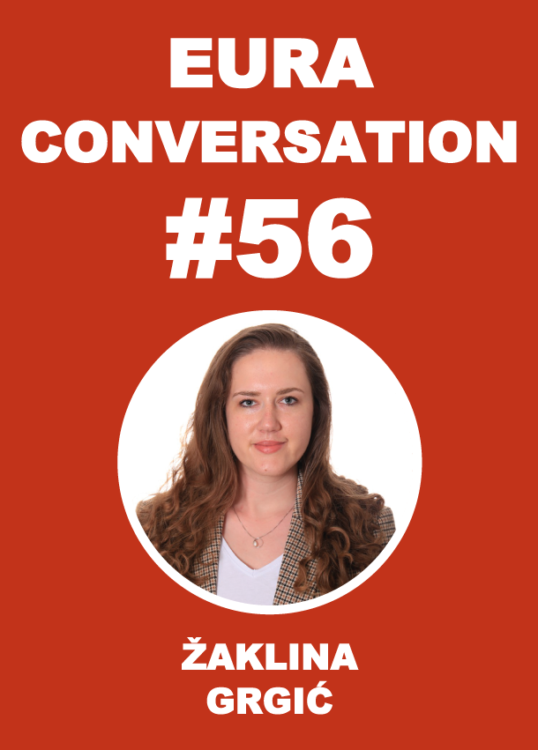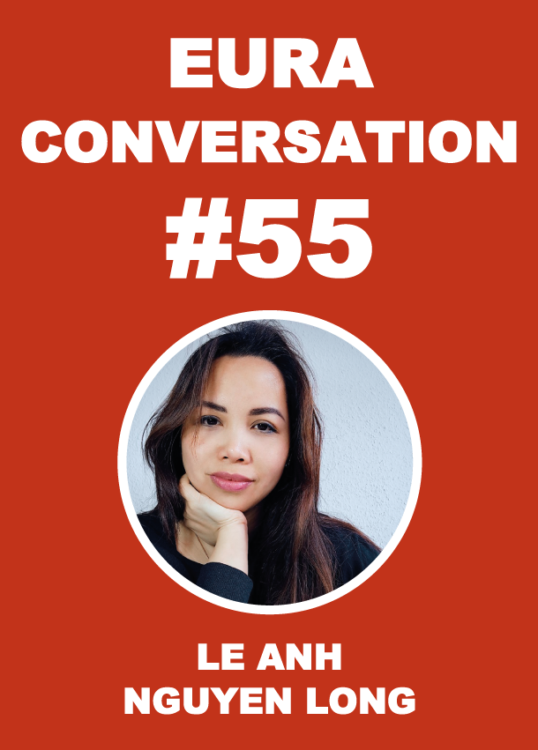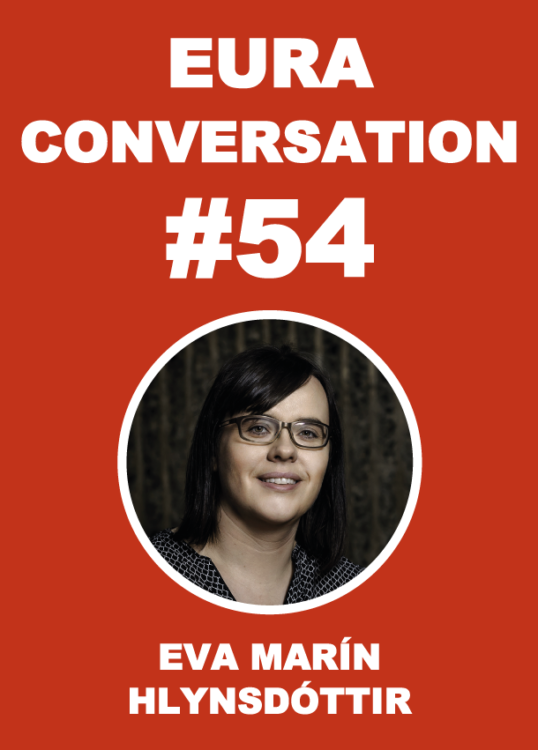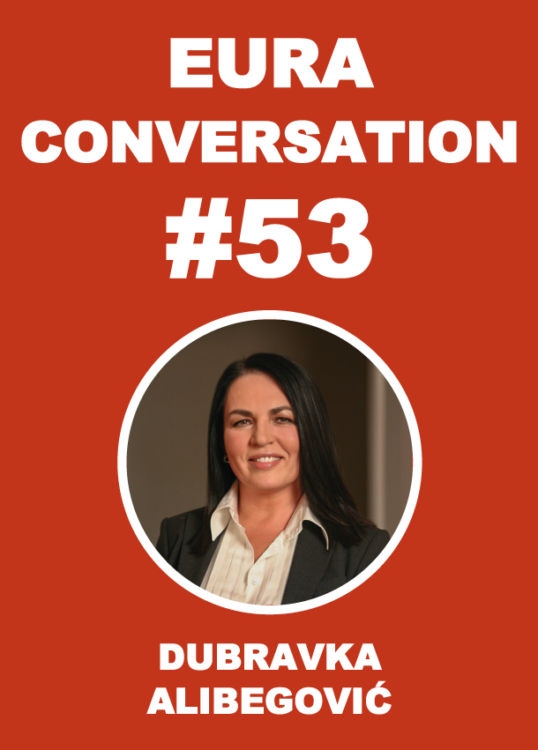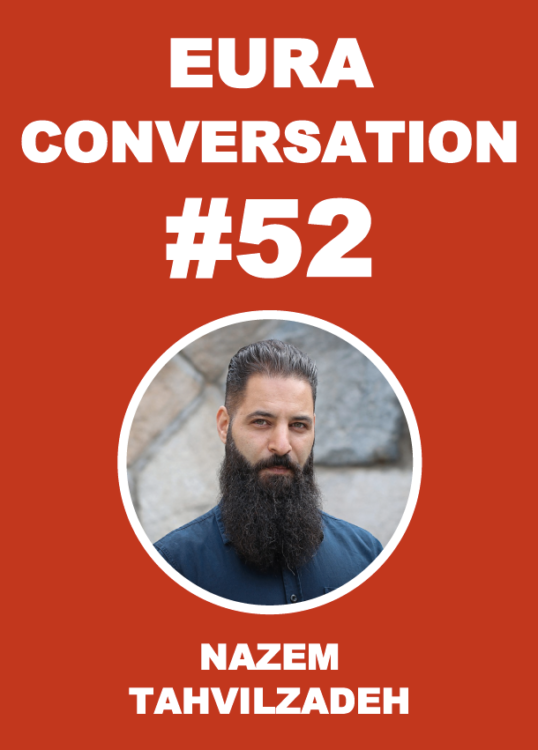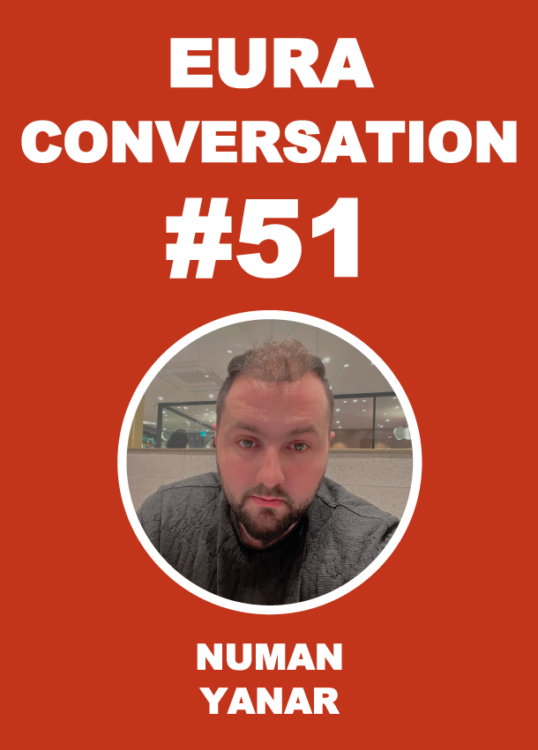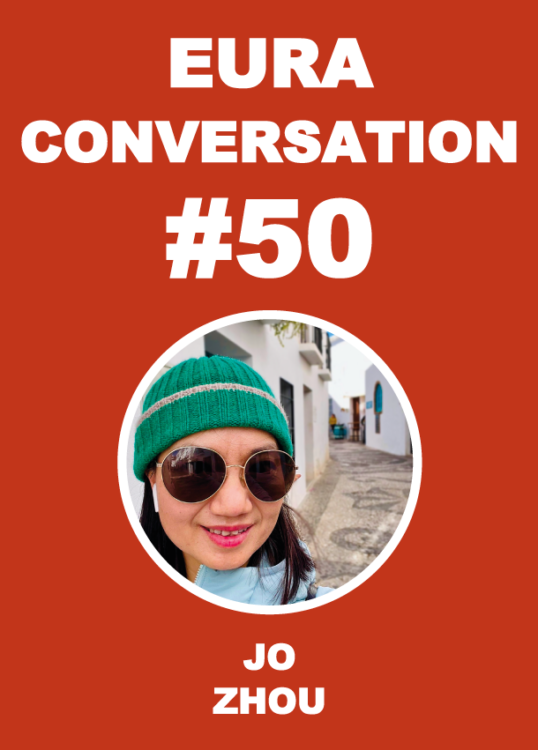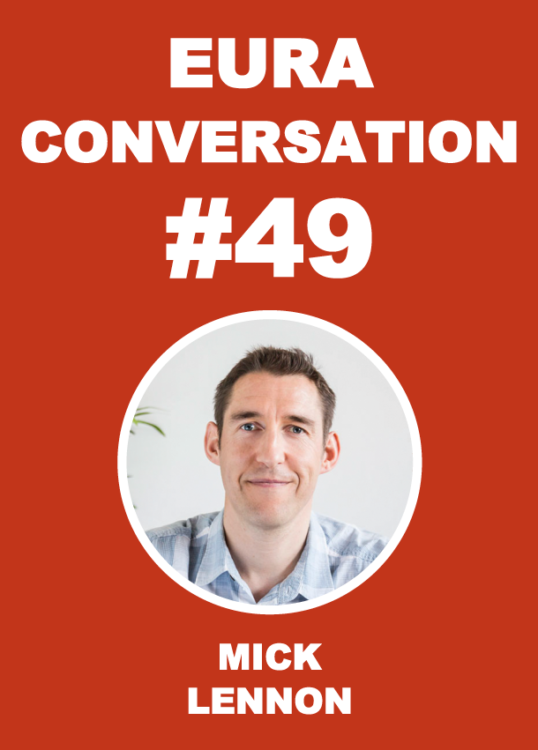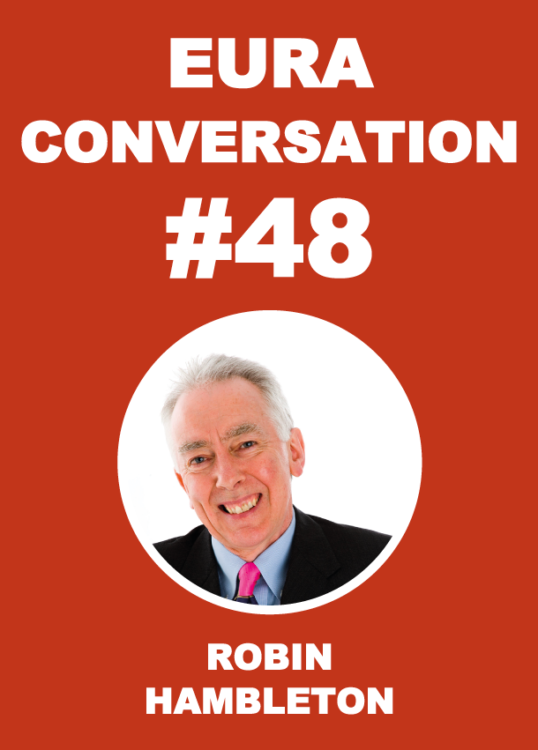Welcome to EURA Conversations
EURA Conversations, a new digital space for international exchange between urban scholars, was created on this website in May 2020. The idea was to provide a democratic arena to share experiences, offer reflections and encourage dialogue within the EURA community not just about the impact of the COVID-19 pandemic on cities, but also to consider how cities and communities in different countries and contexts have responded to this calamity.
As co-editors we have been more than pleased by the responses we have received. By summer 2022 some 46 EURA Conversation contributions, written by urban scholars from 20 different countries, had been posted. See the updated figures here, and browse the blogpost below.
Contribute to EURA Conversation page
We look forward to hearing from you.
The co-editors
Anna Dąbrowska (University of Warsaw, PL)
Robin Hambleton (University of the West of England, UK)
Alistair Jones (De Montfort University, UK)
Le Anh Long (University of Twente, NL)
Ignazio Vinci (University of Palermo, IT)
EURA Conversations is licensed under a CC BY-NC 4.0 License.


